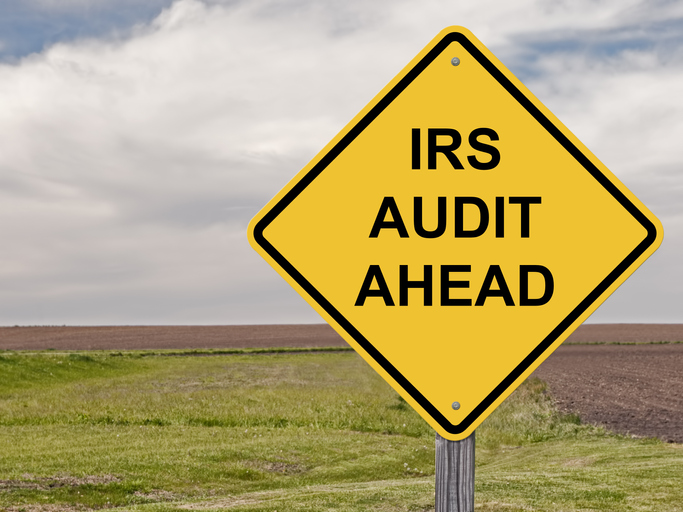One of the most common questions owners of cryptocurrency and Non-Fungible Token (NFT) accounts asks is “How will the IRS discover your crypto assets wherever they are? Isn’t that the whole point (offshore exchange accounts are a safe hiding place?)”
The answer lies in the implementation of FATCA (Foreign Account Tax Compliance Act) and the international cooperation between the IRS, foreign sovereign tax agencies, foreign banks and cryptocurrency exchanges around the world. The IRS receives automatic, electronic notification of accounts and transactions specifically tied to US taxpayers from banks, tax agencies, investment houses and now cryptocurrency exchanges from around the world. FATCA established (since 2015) that if any entity wanted to be able to access US markets they would have to disclose specific details about account holders and their transactions to the IRS.
Fact: The IRS is receiving direct electronic information from cryptocurrency exchanges around the world providing information about US taxpayers, their accounts and balances as well as transactions.
The second answer to the question How will the IRS discover your crypto assets wherever they are is found on the IRS Form 1040 itself. For the past few years (and all years to come in the foreseeable future) the IRS has added an important “Yes” or “No” question toward the top of the Form 1040: “At any time during 2021 (2022, etc), did you receive, sell, exchange, or otherwise dispose of any financial interest in any virtual currency?”
The taxpayer must check “Yes” or “No.”
You should also take notice of an important warning just above the signature line on the Form 1040: “Under penalties of perjury, I declare that I have examined this return and accompanying schedules and statements, and to the best of my knowledge and belief, they are true, correct and complete.”
Fact: Any US Taxpayer who fails to accurately check the box in the initial question regarding cryptocurrency at the top of the form and who signs the form is not only guilty of perjury (a federal crime carrying the genuine risk of jail time) but exposes themselves to extensive financial penalties and interest for each separate violation (unreported account).
How will the IRS discover your crypto assets wherever they are? They will simply compare the reports from banks and exchanges around the world with your tax return. This is a simple, automated audit check. If your taxpayer information is associated with any account or transaction and you have not disclosed it to the IRS on the Form 1040, you should prepare for an immediate IRS audit carrying substantial financial and legal risks.
Fact: It’s time to come into compliance and update previous tax returns and make a voluntary disclosure if you have unreported onshore or offshore cryptocurrency or NFT assets.
We invite you to listen to our podcast on tax issues involving cryptocurrency, NFTs and other offshore assets and learn more about the integrated tax, legal, accounting and business consulting services of Allen Barron and contact us or call today to schedule a free consultation at 866-631-3470.





